The recent implementation of the US-UK trade agreement has brought renewed attention to the automotive sector, particularly regarding tariffs and supply chain collaboration. As both nations navigate post-Brexit and post-pandemic economic landscapes, the deal’s provisions on automobiles have emerged as a critical area of interest for manufacturers, policymakers, and investors alike.
The elimination of tariffs on automobiles stands out as one of the most significant outcomes of the agreement. For years, the automotive industry has grappled with the financial strain of cross-border duties, which often trickled down to consumers in the form of higher prices. Under the new terms, vehicles exported between the US and the UK will no longer be subject to these levies, a move expected to bolster trade volumes and provide relief to carmakers operating on thin margins. Industry analysts predict that this could lead to a surge in exports, particularly for premium British brands like Jaguar Land Rover, which have long sought easier access to the lucrative American market.
However, the agreement goes beyond mere tariff reductions. Supply chain resilience has taken center stage, with both countries recognizing the vulnerabilities exposed by recent global disruptions. The pandemic and geopolitical tensions have underscored the risks of over-reliance on distant suppliers, prompting a push for more localized and diversified production networks. The US-UK deal includes provisions to encourage joint ventures in critical areas such as electric vehicle (EV) battery production and rare earth mineral sourcing. This aligns with broader trends in the automotive industry, where securing stable supply chains for EV components has become a top priority.
The focus on electric vehicles is particularly noteworthy. As the world shifts toward greener transportation, both the US and the UK have set ambitious targets for phasing out internal combustion engines. The trade agreement facilitates collaboration in EV technology, including research and development partnerships and the harmonization of standards. This could accelerate innovation and reduce costs, making electric cars more accessible to consumers. For instance, British startups specializing in battery technology may find new opportunities to scale up through partnerships with American automakers, while US firms could gain a foothold in Europe’s rapidly expanding EV market via the UK.
Yet, challenges remain. While the tariff reductions are a positive step, non-tariff barriers such as regulatory differences and certification requirements could still hinder seamless trade. Additionally, the automotive supply chain is deeply interconnected with other regions, particularly the EU and Asia. Any disruptions in these areas could ripple through the US-UK trade dynamic, highlighting the need for broader international cooperation. Policymakers on both sides of the Atlantic will need to address these complexities to fully realize the potential of the agreement.
Another layer of complexity arises from the political and economic contexts in both countries. In the US, the Biden administration has emphasized rebuilding domestic manufacturing while fostering international alliances. The UK, on the other hand, is keen to prove that post-Brexit trade deals can deliver tangible benefits. The automotive sector, with its high visibility and economic impact, serves as a litmus test for the success of these strategies. Stakeholders will be closely monitoring how the agreement translates into job creation, investment flows, and technological advancements in the coming years.
From a broader perspective, the US-UK trade deal reflects a growing recognition of the need for strategic economic partnerships in an increasingly fragmented global landscape. The automotive provisions, in particular, demonstrate how trade agreements are evolving to address not just tariffs but also supply chain security and technological collaboration. As other nations observe these developments, the US-UK model could inspire similar accords tailored to the unique challenges of modern industries.
In the meantime, businesses are advised to stay agile. The automotive industry is undergoing a profound transformation, driven by electrification, automation, and shifting consumer preferences. Companies that can navigate the new trade environment while leveraging the opportunities presented by the US-UK agreement will be well-positioned to thrive. For now, all eyes remain on how this landmark deal unfolds in practice—and whether it can deliver on its promise of revitalizing transatlantic trade in the automotive sector.
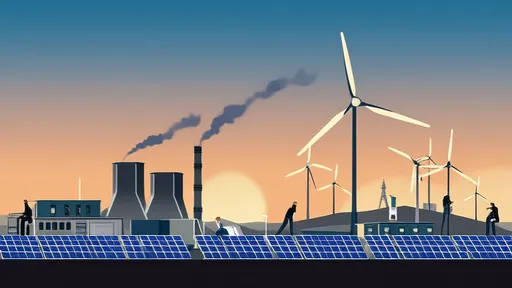
By /Jun 23, 2025
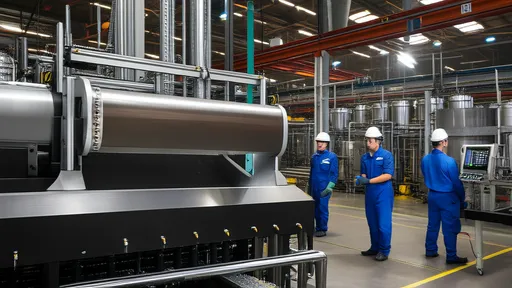
By /Jun 23, 2025
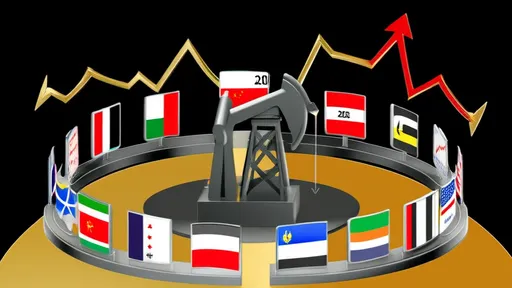
By /Jun 23, 2025

By /Jun 23, 2025

By /Jun 23, 2025

By /Jun 23, 2025
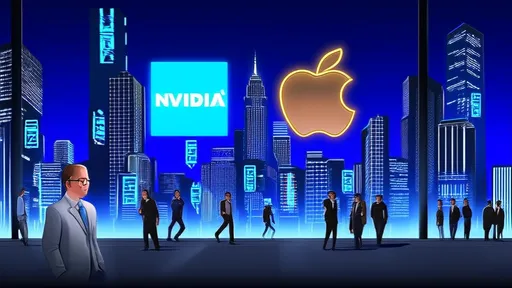
By /Jun 23, 2025

By /Jun 23, 2025

By /Jun 23, 2025

By /Jun 23, 2025
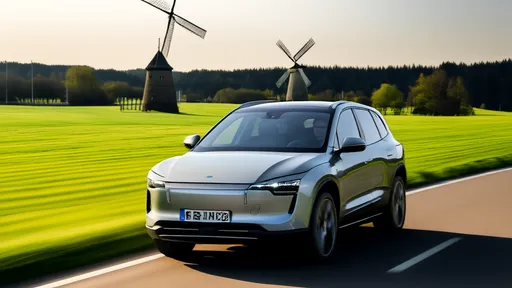
By /Jun 23, 2025
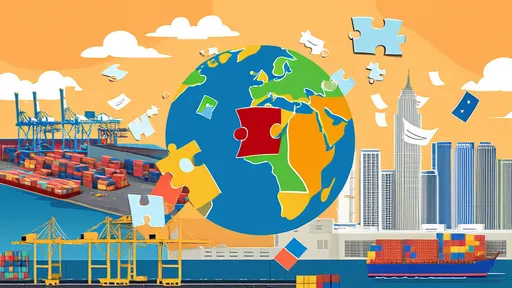
By /Jun 23, 2025
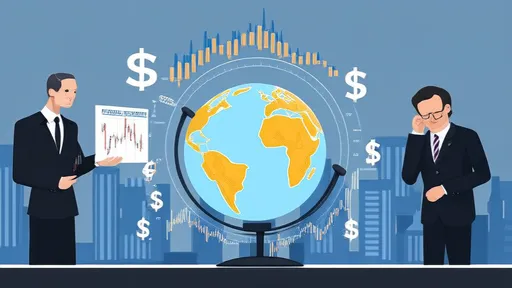
By /Jun 23, 2025
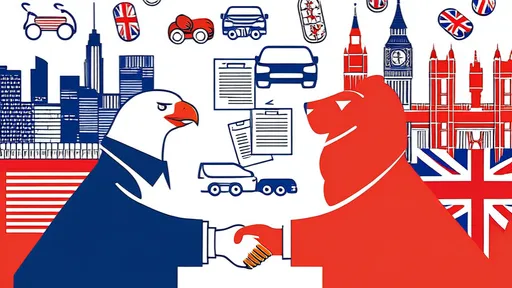
By /Jun 23, 2025
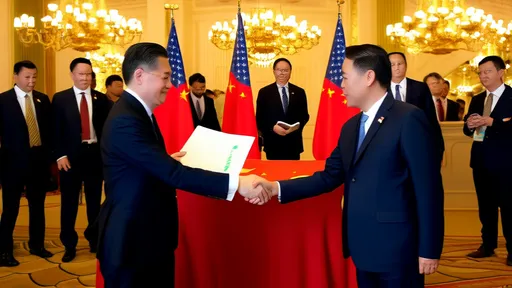
By /Jun 23, 2025

By /Jun 3, 2025

By /Jun 3, 2025